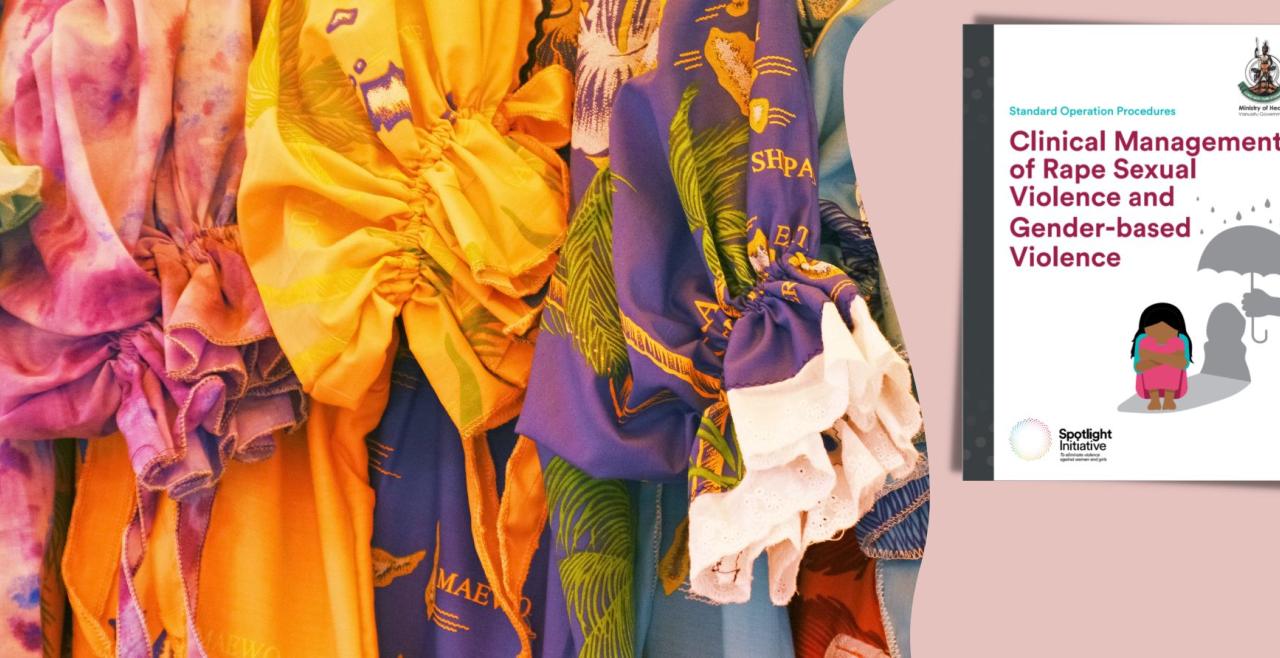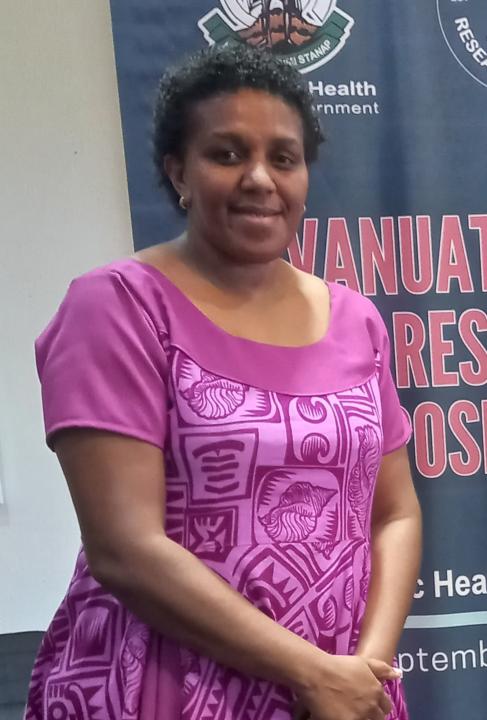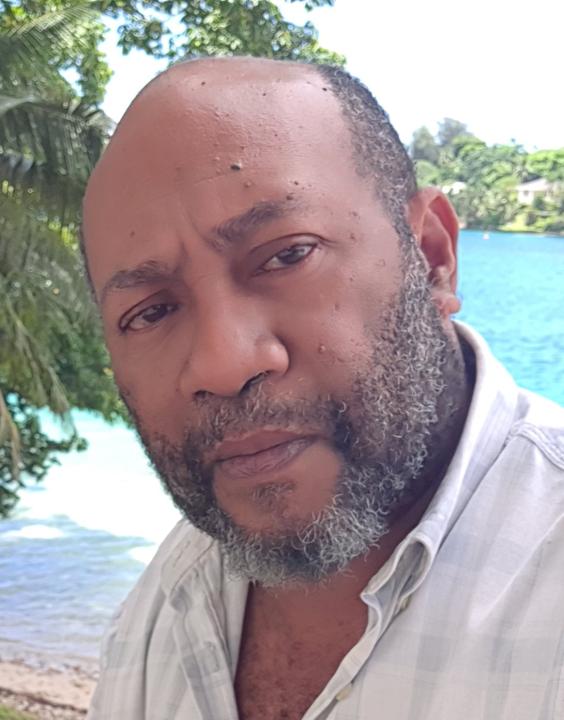In Vanuatu, aligning services to support survivors of sexual and gender-based violence

PORT VILA, Vanuatu - “We can clean the wounds and soothe the scars left on survivors' bodies, but that is only the tip of the iceberg,” says Dr. Margaret Tarere, an obstetrician and gynaecology consultant at Port Vila Central Hospital. “The trauma and stigma of women and children victims of sexual and gender-based violence runs much deeper, both at the individual level and at the community level.”
“As doctors, we would rather not have to put stitches on the same bruise over and over again. Very often we are returning survivors to perpetrators.” - Dr. Margaret Tarere obstetrician and gynaecology consultant at Port Vila Central Hospital
Early this year, Dr. Tarere was involved in training other trainers to roll out the new Standard Operating Procedure (SOP) for the clinical management of sexual and gender-based violence (SGBV). Supported by the Spotlight Initiative, the new SOP has consolidated and made official the links in service needed to support survivors as they navigate emergency response, health and psychological care, social services and the justice system (1). While the new guidelines are being rolled out, Dr. Tarere shared some of the challenges frontline professionals are encountering when attending to survivors.
“We are here to cure, but our power ends outside the walls of this hospital [and] a considerable number of cases fall outside our safety net,” says Dr. Tarere.
Indeed, many victims do not seek help or seek help very late. A survey by Vanuatu Women's Centre in 2011 found that among women who had reported an injury due to intimate partner violence, more than 21 per cent had sustained a permanent disability.
“Much still needs to be done to de-stigmatize sexual and domestic violence, and support women in accessing their rights to health and justice,” she adds.
“In the clinic we are also dealing with sexual assaults of very young children between the ages of 3 and 5. Progress has been made in safeguarding children’s rights to confidentiality, information, consent, and respect for their wishes, yet there is currently no legal mandate for doctors/nurses to report violence cases of children. When we confirm the diagnosis of sexual violence, we do not have the right or duty to report the case to the justice system as this is exclusively under the parents’ jurisdiction,"(2) continued Dr. Tarere, "hence sexual offenders can easily get away with such a crime and arrange for a Kastom (customary) settlement with the parents of the survivors."
“As doctors, we would rather not have to put stitches on the same bruise over and over again. Very often we are returning survivors to perpetrators and to communities, especially in remote areas, where there is no psychosocial support for survivors,” she concluded.
According to Medical Superintendent of the Vila Central Hospital Dr. Vincent Atua, who was also involved in the training and roll out, the SOP is pointing professionals in the right direction by involving more non-clinical experts in the emergency response and follow up.
“All the services need to be part of the solution, and we need to be accountable for this coordination, this is the novelty that the SOP is bringing.” - Dr. Vincent Atua, Medical Superintendent of the Vila Central Hospital
“The SOP aligns all the diverse professional support needed to respond to survivors’ needs, yet with Vanuatu’s challenging geography and population distribution, this is not available everywhere. The reality is that often women struggle with having to pay for a bus ride. For many, accessing the health, social and justice system looks almost impossible.
“As clinicians, we need to admit such limitations, and strengthen the support outside the clinic. That is why we need to work as a team and bring together different kinds of available support closer to the survivor, from the clinical, psychological, community and judiciary perspective.”
“We need to know who to call and to whom to refer the victims, so that assistance is provided promptly and smoothly,” continues Dr. Atua. “All the services need to be part of the solution, and we need to be accountable for this coordination, this is the novelty that the SOP is bringing,” he concludes.
To ensure that every woman, girl, and child has access to quality services, the Ministry of Health, with the support of the Spotlight Initiative, is rolling out training of the SGBV SOPs in Shefa, Senma, Malampa and Tafea from September.
The Spotlight Initiative is a global initiative of the United Nations which has received generous support from the European Union. Its aim is to eliminate all forms of violence against women and girls.
By Cristina Comunian
Footnotes
(1) In a study of access to justice in rural Vanuatu in 2016, 74% of the interviewed women stated that they had not heard of Domestic Violence Protection Orders. Ministry of Justice and Community Services, 2016: 127.
(2) There is currently no legal mandate for doctors/nurses to report violence cases of children. The Child Protection Bill, if passed, will give teachers and healthcare service providers the mandate to report directly to the Child Protection authority. Currently, there are Child Protection Officers in place at all Provincial Centres. These CP Officers use an established referral system and should be the people receiving reports on child abuse/assault cases. According to the Child Desk at the Ministry of Justice, the CP Officers should also support the child to find a safe space, if the child does not feel safe to return to his/her parents.
(3) An estimated 98% of women and children who experience violence do not access the formal justice system. Many women and children rely on support from Vanuatu Women's Centre to access the formal justice system as court fees, transport, and medical costs can be a barrier to accessing justice due to high levels of poverty and other vulnerabilities. Women in rural areas have less access to formal justice systems and may face considerable delays. UN Women, 2016.


